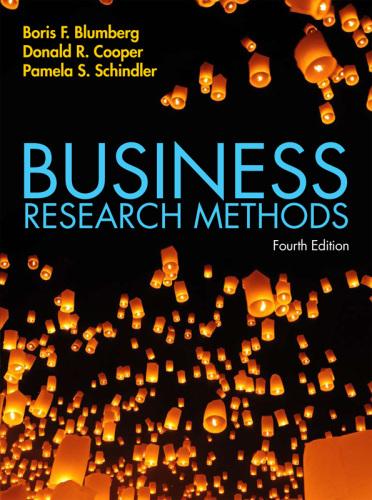It was Johns first year of college teaching, and there were no summer teaching assignments available to
Question:
It was John’s first year of college teaching, and there were no summer teaching assignments available to new employees. However, the university was kind enough to steer him towards an aviation firm, Avionics, which needed help creating an organizational assessment survey. The assignment was to last five weeks, but it paid about the same as teaching all summer. The work was just about as perfect as it gets for an organizational behaviour specialist. Avionics’ vice-president (VP), who John met on his first day, was cordial and smooth. John would report to a senior manager who was coordinating the project with the human resources and legal departments.
It was soon apparent that in the 25-year history of Avionics, there had never been an employee survey. This was understandable given management’s lack of concern for employee complaints. Working conditions had deteriorated without management intervention, and government inspectors counted the number of heads down at desks as an index of performance. A serious organizing effort was planned before the VP could approve the survey.
Headquarters dispatched nervous staffers to monitor the situation and generally involve themselves with every aspect of the questionnaire.
Shadowed, the young researcher began to feel apprehension turn to paranoia. He consoled himself, however, with the goodwill of 500 enthusiastic, cooperative employees, who had pinned their hopes of a better working environment on the results of this project.
John’s data collection was textbook perfect. No one had asked to preview his findings or indeed shown any particular interest. In the fifth week, he travelled with the VP and senior manager to make a presentation at headquarters. Respondents at the headquarters location were invited to attend. Management was intent on showing its confidence in the isolated nature of ‘a few engineers’ complaints’. They had also promised to engage the participants in action planning over the next few days.
An hour into the journey, the Avionics VP turned from his reading to the young researcher and said, ‘We have seen your results, you know. And we would like you to change two key findings. They are not all that critical to this round of fixing the “bone orchard” and you’ll have another crack at it as a real consultant in the autumn.’
‘But that would mean breaking faith with your employees,’ replied John,
‘people who trusted me to present the results objectively. It’s what I thought you wanted.’
‘Yes, well, look at it this way,’ responded the VP. ‘All of your findings we can live with except these two. They’re an embarrassment to senior management. Let me put it plainly. We have government contracts into the foreseeable future. You could retire early with consulting income from this place. Someone will meet us with new slides just before the meeting.’
How do you respond to this message from the VP?
a What are the most prudent decisions Avionics can make about its responsibilities to itself and others?
b What are the implications of those decisions even if there is no violation of law or regulation?
Step by Step Answer:

Business Research Methods (UK Higher Education Business Statistics)
ISBN: 9781260091861
14th Edition
Authors: Pamela Schindler






